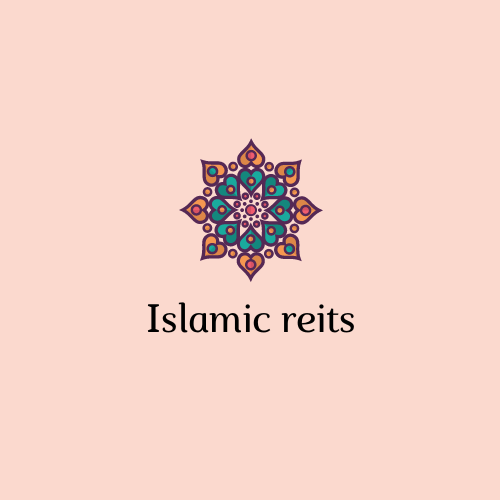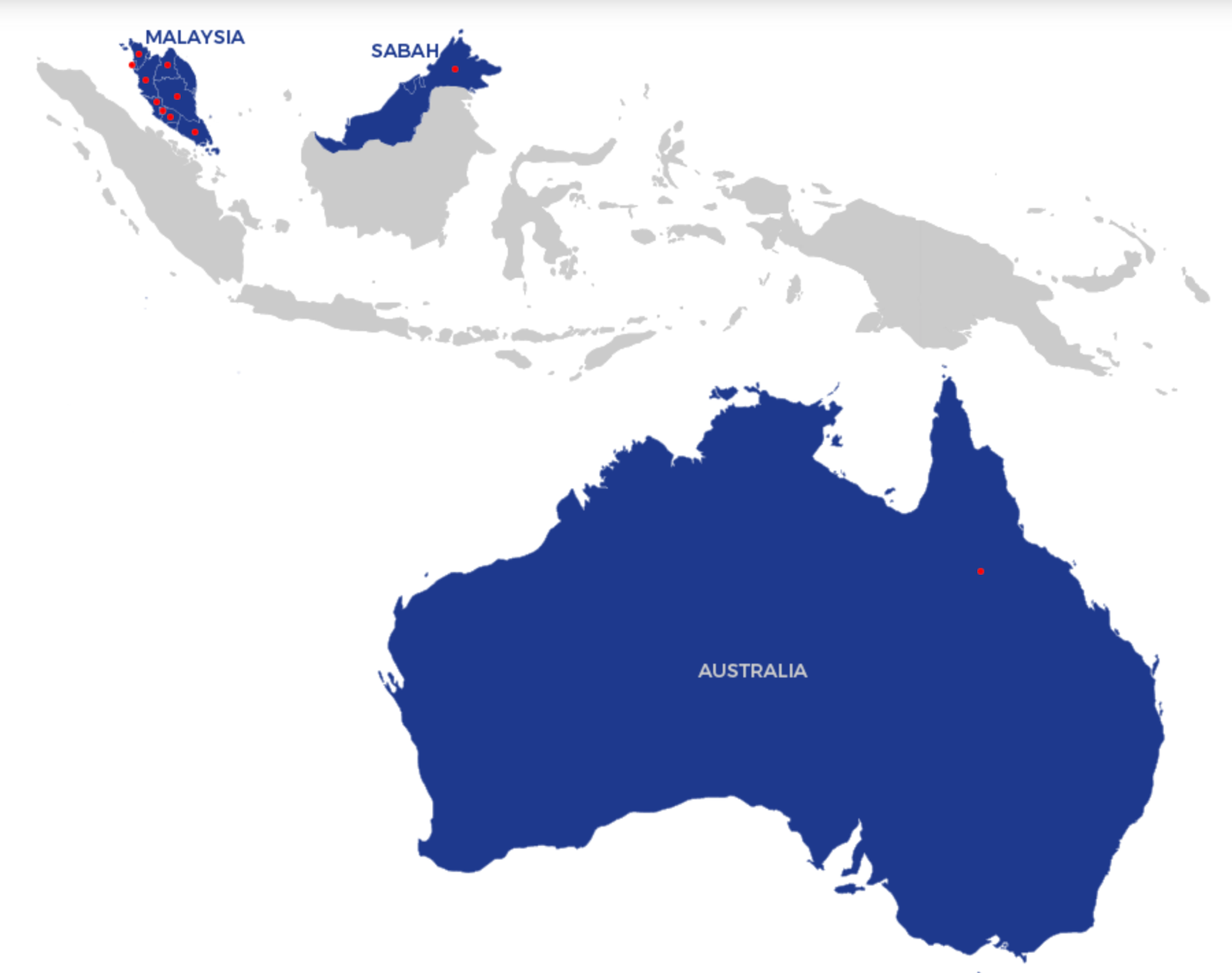Disclaimer: The analysis below is for education purposes only and is not investment advice. Please do your own Due Diligence.
Since 2007, Al-Aqar Healthcare REIT has been traded on the Bursa Malaysia stock exchange, and it is recognized as the world’s first Shariah-compliant REIT. The REIT currently owns 23 properties in Malaysia and Australia, which have a total value of $1.54 billion.
In this post, we will examine the performance of Al-Aqar Healthcare REIT as of September 30th, 2022, to assess its overall performance.
Al-’Aqar Healthcare REIT Sustainability Statement
The Fund has reviewed its operations’ sustainability role and aims to incorporate the best practices into its management methods. As a result of its efforts, the Fund has established a Sustainability Policy and Framework, strengthened its Sustainability Governance Structure, and conducted a thorough review of its significant sustainability issues.
In addition, the Fund has performed a gap analysis exercise based on relevant standards to identify improvement opportunities and created plans to address the gaps while maintaining compliance.
Al-‘Aqar Healthcare REIT Corporate Governance
In implementing CG practices, the Board has adhered to the Malaysian Code on Corporate Governance (“MCCG”), while also ensuring compliance with the Listing Requirements and the Companies Act 2016.
The Board stays abreast of industry practice and other relevant regulations, statutory requirements, best practices, and guidelines.
The Company’s governance structure is illustrated below, whereby the Board’s responsibilities are delegated to the appropriate Board Committees and Company Management.
Al-’Aqar Healthcare REIT Shariah Compliance
According to the Dato’ (DR) Haji Nooh Bin Gadot, the chairman of Al’-Aqar Shariah committee, the manager of the REIT has operated and managed the fund in accordance with the Shariah principles.
Al-’Aqar Healthcare REIT Properties
The REIT owns 22 properties in Malaysia and 1 property in Australia as at 30.09.2022. The Malaysian properties contribute over 94% of net rental income while the single Australian property brings in a little over 5%.
However, the Australian property, Jeta Garden, is one of its biggest contributors with 8%+ of net rental income.
There is no single property contributing 10% of total rental income. Here’s a breakdown of rental income by property and by country:

Al’-Aqar Healthcare Financial Performance
Net Operating Income
Net Operating Income is a good metric to measure a REIT’s operating profitability as it shows if the rent collected from the properties are sufficient enough to cover the costs of owning and maintaining them.
The Net Operating Income has improved from 2020 lows and is trending up to 9.42% in the forest 9 months of 2022.
Funds From Operations
Funds From Operations (FFO) is a financial metric used by Real Estate Investment Trusts (REITs) to measure their operating performance. It represents the cash generated by the REIT’s core business operations, including rental income and other recurring revenue, minus operating expenses, excluding gains or losses from property sales.
FFO is calculated by adding depreciation and amortization expenses to earnings and subtracting any gains from the sale of real estate. FFO is considered a more accurate measure of a REIT’s performance than net income, as it excludes non-cash expenses like depreciation and amortization and takes into account the REIT’s operating activities.
A high FFO indicates that the REIT is generating strong cash flows from its core business operations, which can be used to fund future growth, pay dividends to shareholders, and reduce debt. Additionally, FFO can be used to compare the performance of different REITs in the same industry, as it provides a standardized measure of cash flow.
The number of units decreased at the beginning of 2018 and the FFO improved by 952%+ in 2021.
Leverage Ratios
Al-’Aqar Healthcare REIT Debt to Equity
Al-’Aqar REITs use Shariah-compliant financing such as Murabaha and Ijar to acquire or develop their properties. And the Securities Malaysia Commission (SC) sets the Gear Ratio limit for Malaysian REITs to 50%.
On average, Real Estate Investment Trusts (REITs) have a Debt to Equity (D/E) ratio of 3.5x. However, investors generally prefer a D/E ratio of less than 1.0x because it means the REIT has more equity than debt. This is beneficial because if there is an economic downturn, the REIT has a better chance of weathering the storm. Essentially, a lower D/E ratio can be seen as a measure of financial stability and is considered a positive signal for investors.
The D/E ratio remains within the permissible limit of 50% during the last 6 years.
Liquidity Ratios
Debt Service Coverage Ratio (DSCR)
The Debt Service Coverage Ratio (DSCR) is a financial ratio used to assess a borrower’s ability to make timely payments on their outstanding debt obligations. It is commonly used by lenders when evaluating loan applications to determine the borrower’s creditworthiness.
The DSCR decreased below 1.0x in 2020, but increased in subsequent years to settle over the 2.0x mark, which is more than the 1.25x target of a decent REIT.
Al-’Aqar Healthcare REIT Dividend
The dividend decreased from 0.10 in 2018 to 0.05 in 2020 due to COVID-19 to the support given to tenants during the crisis. However, the distribution resumed in 2021 and is currently at 0.08.
Al-’Aqar Healthcare REIT Total Return
The REIT underperformed its index in 2017, 2020 and 2021 while outperformed it in 2022 by more than 11%.
Al-’Aqar Healthcare REIT NAV vs Market Value
At the end of September 2022, Al-’Aqar REIT remained undervalued by more than 9%.
Conclusion
Despite the impact of the covid-19 crisis, the ongoing global inflation and the tightening of global financial conditions, Al-’Aqar Healthcare REIT remains a defensive investment with less than 0.5x D/E ratio.
The REIT also offers an attractive 6%+ dividend while remaining undervalued by more than 9%.
DISCLAIMER
The following article is intended for informational purposes only and does not constitute professional financial advice. The analysis and opinions presented are based on publicly available information and should not be taken as a recommendation to buy or sell any security, including the REIT discussed in the article. Investors should always conduct their own research and consult with a licensed financial advisor before making any investment decisions. The author and publisher of this article do not accept any liability for any losses incurred as a result of using the information presented in this article.

